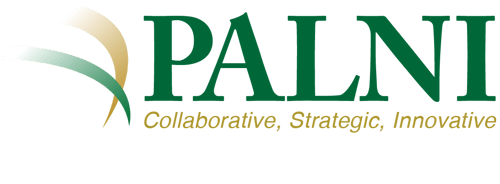 Creating ready responses for areas of vulnerability
Creating ready responses for areas of vulnerability
Start by reviewing the most likely vulnerabilities for your library (or refer to the scenarios from Developing a Plan Outline). Identify the toughest questions you may face about each one. With your crisis response team, develop clear, concise answers that explain your decisions. These become your collective talking points—factual, consistent, and aligned across all team members. No matter who speaks on behalf of the library, your message should be unified. You’ve made thoughtful, informed choices—be prepared to communicate them with clarity and confidence.
The importance of talking points
Talking points aren’t scripts—they’re key ideas expressed in simple, clear language. They help you communicate consistently and effectively across any format, from formal interviews to casual conversations. Preparing and practicing them in advance allows your message to come across naturally and with confidence, especially during a crisis.
When to talk to the media (guiding questions)
Engaging with the media during a crisis can amplify your message—or increase risk. Be deliberate in deciding whether to participate in coverage. Use this guiding question: What’s the benefit?
If you answer yes to at least two of the questions below, it may be time for your spokesperson to engage with media:
Will doing a media interview extend reach?
In fast-moving situations—like safety issues or public disruptions—media interviews can help you quickly reach a broad audience you might not reach otherwise. Speaking early also helps ensure facts are reported accurately and shows your commitment to transparency.
Will doing a media interview demonstrate the library’s value?
Demonstrating value to the public starts with a strong spokesperson. Without one, speaking out can backfire and an opportunity to show the library’s humanity can turn into an awkward, defensive public response.
Messages about the emotional components of the crisis and its impact are best delivered verbally so that people can sense the feelings being experienced. Issuing only a written statement or saying nothing at all could convey the wrong message.
Speaking publicly can show steady leadership and transparency—it can demonstrate that you’re living the institution’s creed at a difficult time.
Will doing a media interview minimize negativity?
A timely, factual response to a trusted news outlet can prevent misinformation from spreading. If the media narrative turns negative, providing new context or insight may help shift perception. Partnering with respected journalists can boost credibility and show you're engaging constructively.
